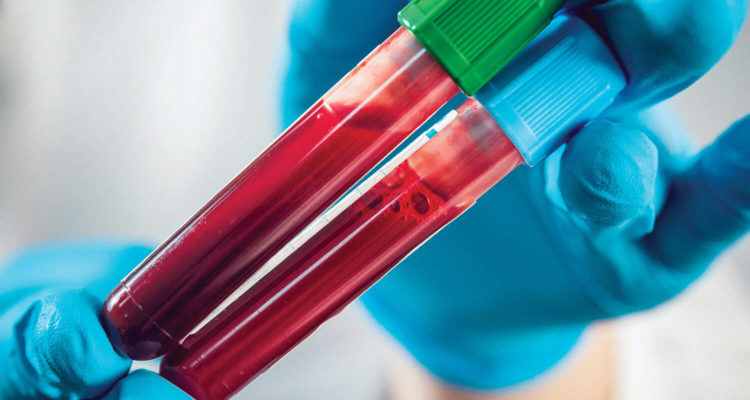
Scientists have named the blood group that increases the risk of blood clots
0
New research published in the journal Blood Advances, suggests that people with cancer and blood types other than I face an increased risk of venous thromboembolism (VTE) three months after surgery.
VTE includes deep vein thrombosis (DVT), in in this case, a blood clot forms in the deep veins of the legs, and pulmonary embolism (PE), a life-threatening condition that occurs when a blood clot breaks off and becomes lodged in the arteries of the lung.
Although thrombosis can affect anyone, existing research show that people with blood type other than I are more likely to develop VTE. Cancer and cancer treatments also increase the risk of blood clots.
During the study, scientists examined the role of blood types in the likelihood of developing VTE. They collected data from 1,708 adults with a new or recurrent cancer diagnosis. The researchers grouped them first by blood type and then classified them by tumor type.
While tumor type can be useful in identifying people more likely to develop VTE, many people with less severe tumors still develop dangerous blood clots. and therefore they may need additional monitoring and treatment. The results of the study show that blood group determination can be used as an important prognostic indicator.
Study author Cornelia English, MD, of the Medical University of Vienna, emphasizes that patients with blood groups other than I are more likely to develop VTE three months after diagnosis or cancer recurrence.









Leave a Reply